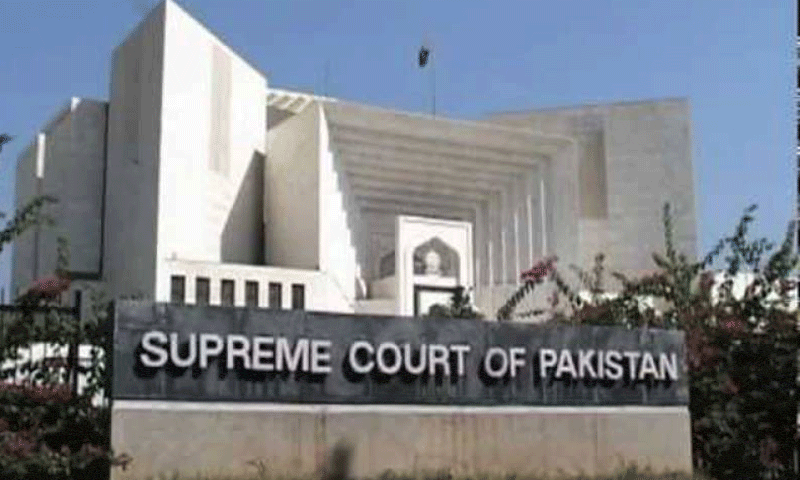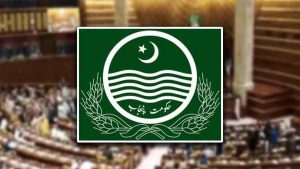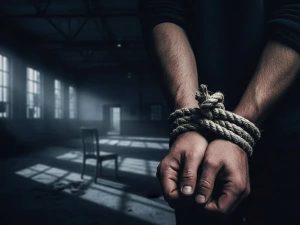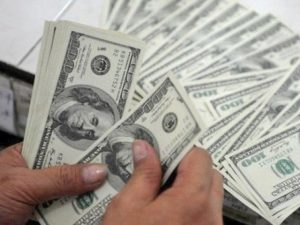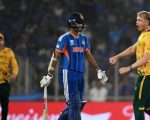ISLAMABAD – The Supreme Court on Tuesday took up several petitions regarding the determination of disqualification period under Article 62 (1) (f) of the Constitution.
A larger bench comprising Chief Justice Mian Saqib Nisar, Justice Sheikh Azmat Saeed, Justice Umar Ata Bandial, Justice Ijazul Ahsan and Justice Sajjad Ali Shah heard 17 appeals against disqualification of lawmakers under this Article.
The apex court had ordered former prime minister Nawaz Sharif and Pakistan Tehreek-i-Insaf’s former secretary general Jahangir Tareen to attend the hearing in person or through counsel.
Tareen appeared before the court in person while neither Nawaz Sharif nor his counsel attended the hearing. Therefore, the chief justice issued the second notice to Sharif, besides warning him of announcing the ex-parte decision on his absence. He remarked that the one-sided verdict will also be announced on merit.
Talking to the media before his appearance in court, Tareen said that interpretation of the law is necessary, adding that punishment for not providing money trail and in fake degree case should be different.
The court also deployed senior advocate Muneer A Malik and Barrister Ali Zafar as amicus curiae (friend of the court) to assist the bench in the case.
Article 62(1)(f) reads: “A person shall not be qualified to be elected or chosen as a member of Majlis-e-Shoora (Parliament) unless-…he is sagacious, righteous and non-profligate, honest and ameen, there being no declaration to the contrary by a court of law.”
The article does not specify any time period after which the disqualified person can take part in elections.
The interpretation of the Article, which was much discussed after Nawaz Sharif’s disqualification by the apex court in the Panamagate verdict, will help determine the period of punishment, making it clear whether a number of lawmakers have been disqualified for life or time-specific.
The appeals are pending with the apex court for over one year as these were last taken up by the Chief Justice Anwar Zaheer Jamali.
During the hearings, Jamali had wondered how anyone could be barred from participating in elections for life under Articles 62 and 63, adding that they could again become qualified after reforming themselves during a time-period.

